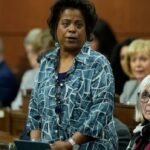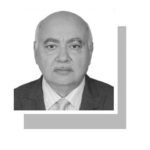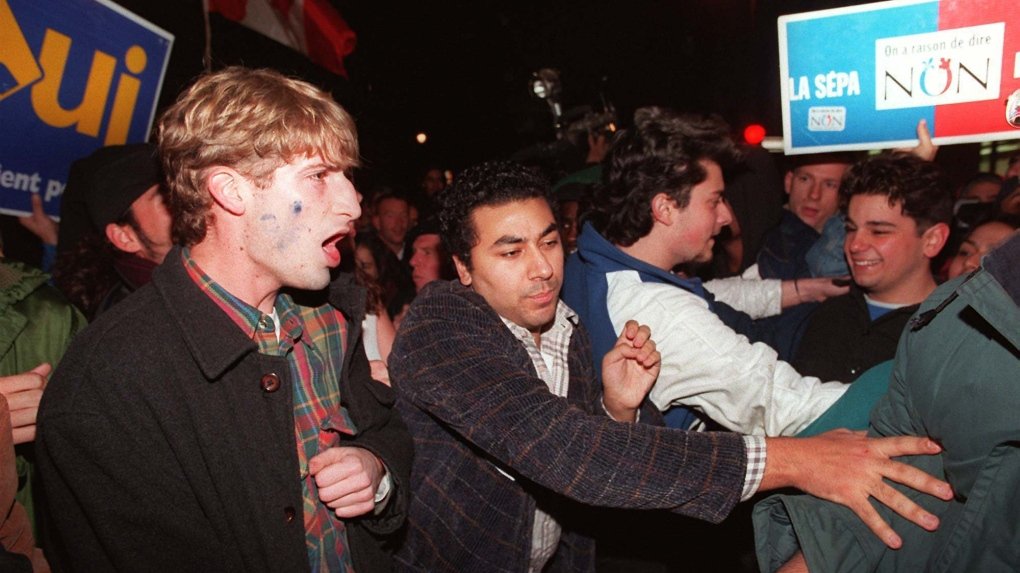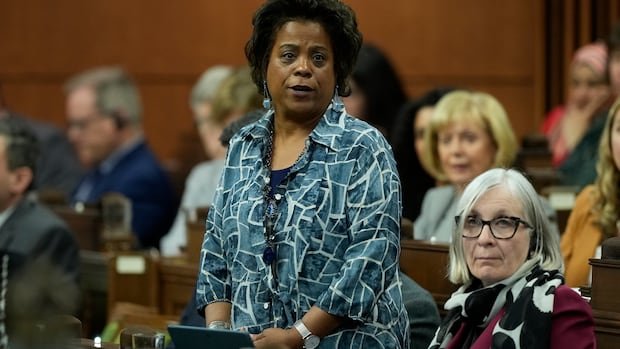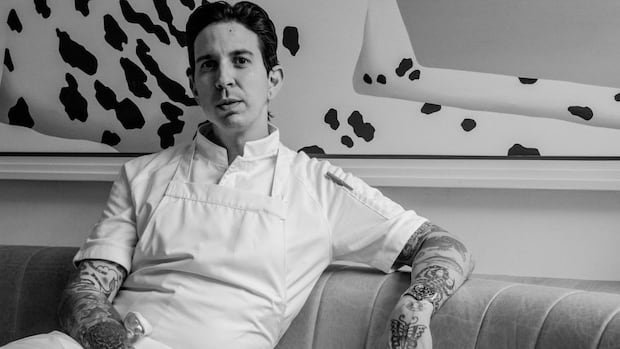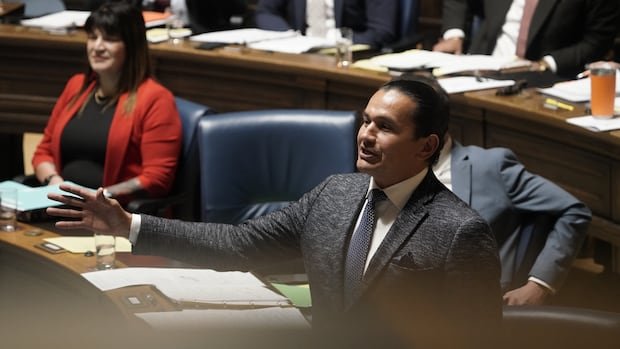Ten years ago, Jean-François Lisee predicted that Quebec’s independence movement would be reborn.
“It could spike again if the right circumstances are given,” he said in 2015. “I can’t say what might trigger it.”
Three years later, as leader of the sovereigntist Parti Quebecois, Lisee lost his leadership and saw his party reduced to 10 seats when the upstart Coalition Avenir Quebec, led by Francois Legault, came to power for the first time.
The 2018 election was widely seen as proof that separatism was no longer a defining issue in Quebec politics, and pollsters speculated that the PQ’s days were numbered. The province’s new leader was a former sovereigntist at the head of a conservative-leaning nationalist party who promised not to hold a referendum, and Quebecers rewarded him with a decisive majority.
“There are many Quebecers who have put aside a debate that has divided us for 50 years,” Legault said after his victory.
Now, on the eve of the 30th anniversary of Quebec’s second independence referendum (the first took place in 1980), it appears the tide may be turning again. Legault is deeply unpopular after six years in power, and the Parti Quebecois, with a young and charismatic leader, has been leading in the polls for more than a year.
It remains to be seen, however, whether the party, which promises to hold a third referendum by 2030, can breathe new life into the province’s aging independence movement.
If elections were held today, polls suggest the Parti Quebecois would easily win a majority. Leader Paul St-Pierre Plamondon, a 47-year-old Oxford-educated man, has injected youthful energy into a party on the brink of extinction.
Emile Simard, leader of the PQ’s youth wing, believes the party’s popularity will renew the appetite for independence in Quebec. He grew up in a sovereigntist family in the Saguenay-Lac-Saint-Jean region and got his membership card when he turned 16.
Now 22, he says the reasons for independence have changed somewhat since the 1995 referendum, when the “No” campaign eked out a victory. He pointed in particular to climate change.
“It makes no sense that, as Quebecers, we contribute several billion dollars each year through our taxes and then invest massively in Alberta’s fossil fuels,” he said.
But polls suggest the rise of the PQ has not yet increased support for independence, which has hovered around 35 percent for years.
“One of the main weaknesses of the independence movement in Quebec is the fact that it does not resonate with the younger generation,” said David Heurtel, a political analyst and former Quebec Liberal minister.
“Independence in Quebec, in the ’60s, ’70s, ’80s and even ’95, was a modern, younger generation thing,” he said. “You’re not seeing that today.”
Simard was not born until years after the 1995 referendum. In fact, no Quebecer under the age of 47 has ever voted on independence. He believes young people say they support the status quo because they have never seriously considered an alternative.
“For them it is still a hypothetical debate,” he said.
A voter prepares to cast his ballot in Montreal on Sunday, Oct. 22, 1995, as early polls open across Quebec for people who will not be able to vote in the Oct. 30 sovereignty referendum. (Ryan Remiorz/The Canadian Press)
Simard said a referendum campaign would force young people to think more deeply about the issue. “For me it is obvious that we must give ourselves the opportunity to decide on this issue,” he said.
Although young Quebecers are not particularly sovereignist, they are not particularly federalist either, said Charles Breton, executive director of the Canadian Federation Center of Excellence at the Public Policy Research Institute.
“They just don’t know, and part of it is because that’s not an issue we’ve been talking about,” he said.
Breton worries that if a new independence movement takes hold, many Canadians might respond with a shrug. In 1995, some 100,000 people gathered at the unity rally in Montreal to urge Quebecers to vote “No.”
But this time, Breton said: “Who would lead the ‘No’ team in Quebec and who would be the voice in the rest of Canada to try to keep Quebec in?”
The prospect of a Conservative federal government looms large in any conversation about Quebec independence. Heurtel said a change in Ottawa could hurt the PQ’s prospects, as Conservative leader Pierre Poilievre favors a more hands-off approach with the provinces.
“Poilievre will not be the same kind of nemesis for nationalists and sovereigntists to exploit, while (Prime Minister Justin) Trudeau is a much better target,” he said.
But Simard said a Conservative government in Ottawa, along with a Trump administration south of the border, could drive home the idea that Quebec is better off alone.
“Is this the kind of Canada we are interested in, a Canada where values like the environment are left aside?” said.
Breton said it’s hard to imagine Poilievre, who remains unpopular in Quebec, as the point man for unity during a third referendum campaign. Trudeau is best suited for that job, he said.
He’s not the only one who thinks that. Eddie Goldenberg, chief of staff to former Prime Minister Jean Chrétien, wrote an op-ed in October calling on Trudeau to resign as prime minister and prepare “to take a leading role in defending Canada in a potential independence referendum.” Quebec”.
As things stand, Quebec’s sovereigntist bloc could well form the official opposition for the first time since 1993 in this year’s federal election, which is likely to decimate the Liberals. The addition of a PQ victory in 2026 could give the independence movement more influence than it has had in decades.
It is possible, however, that the PQ will face a challenge from the provincial Liberals, who will begin a leadership race this month. Pablo Rodríguez, a former minister in the Trudeau government, is seen as one of the favorites.
Heurtel said the PQ is partly just “a parking lot for the opposition” to the government, and that could change with a new Quebec Liberal leader. He also noted that many federal Liberal staffers could soon be looking for work and could help “rebuild and reorganize” the provincial party.
For now, Breton said, independence is still “not the main thing people are worried about.” But it seems that the next Quebec elections could be contested again over the same old issue that was left aside in 2018.
“I am sure that a referendum is approaching and that the population is ready,” Simard said. “I think it’s time to write the end of this chapter in Quebec.”
This report by The Canadian Press was first published Jan. 4, 2025.
